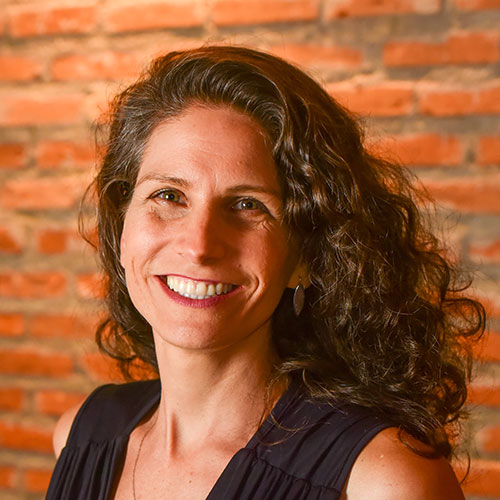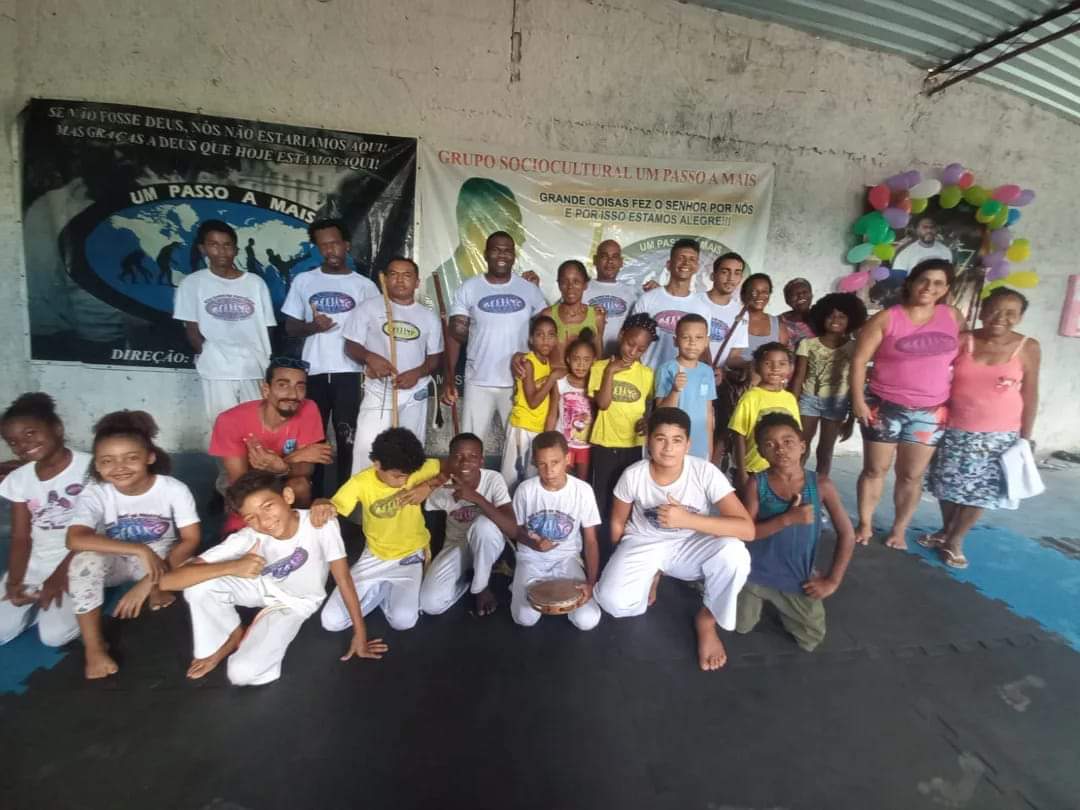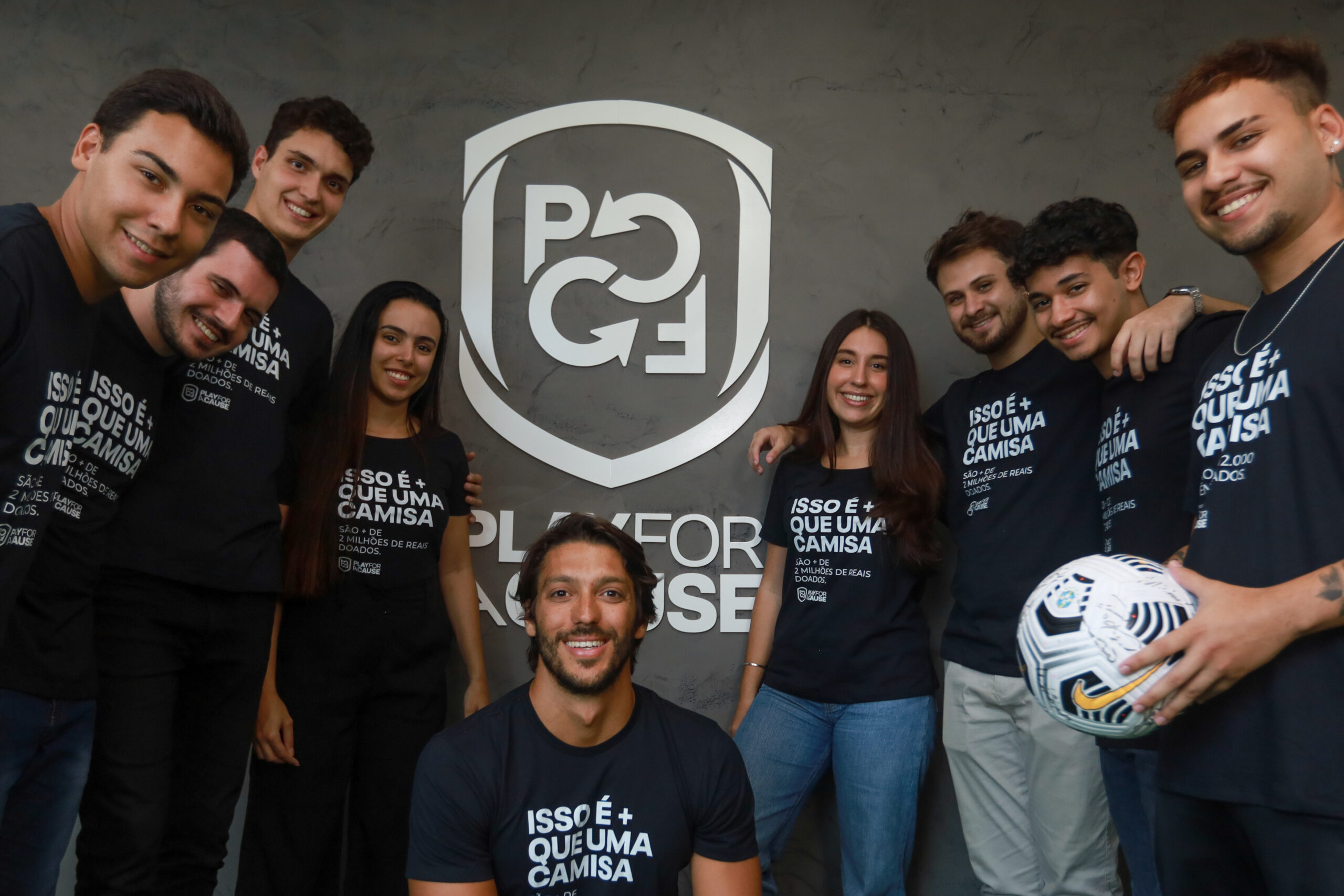Trans Day of Visibility: Meet Asia Niara, a Brazilian athletics champion
Medalist in several events, Asia recently announced his retirement
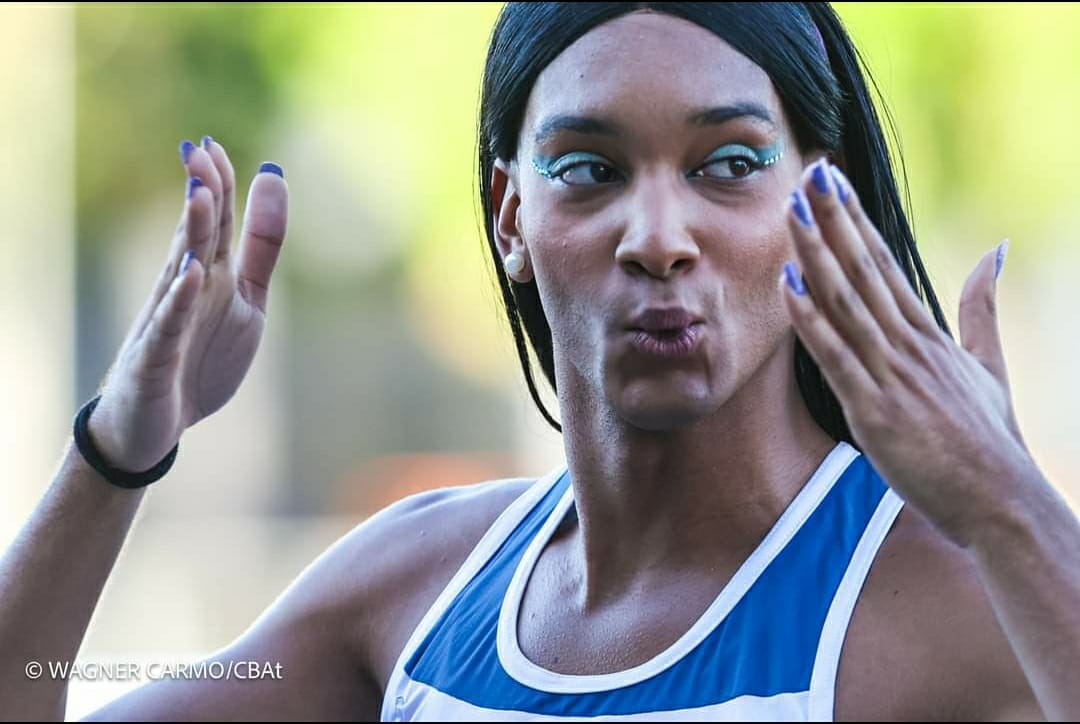

Asia Niara is an elite high-performance athlete. At the age of 26, she was a national and South American medalist in Brazilian athletics and recently announced her retirement. Competing for the Clube Santos men’s team, she decided to leave the sport to focus on gender transition.
Daughter of a truck driver and a domestic worker, the athlete from Presidente Prudente (SP) shows the importance of publicly recognizing herself as a trans woman:
“Representation is a lot of what Lina (Linn da Quebrada) said when she participated in Big Brother. It’s kind of a stepping stone. Hit in a way that guides your path. When she was inside, people from my sports group started questioning me, they wanted to know if they were treating me correctly, which pronoun to use…”
On Trans Day of Visibility, Lupa do Bem did a very special interview with Asia about gender and her career in sport. Check out the best moments!
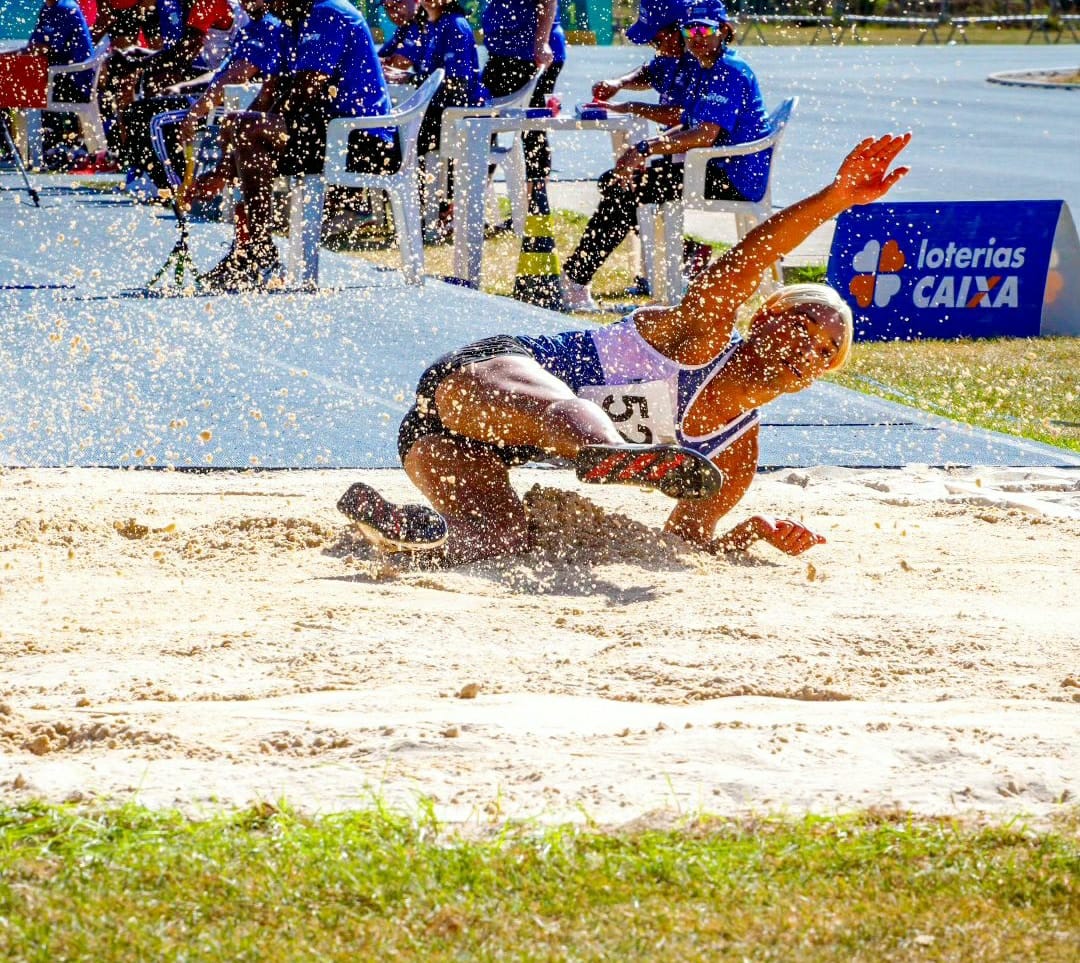

Athlete’s life
“I started athletics in 2012 when I was 14 years old. Right from the start, I was champion of the state selection for the school championship and a record holder in the youth category from 2012 to 2019, so right away I became well-known in the sport. I have been to the South American championship twice and state champion more than eight times, in addition to having more than seven medals, including gold, silver, and bronze in Brazilian championships. So, every time someone dared to comment on my personality in sports, they had to think twice, and most of the time, they ended up backing down.”
Identity with the feminine
“When I started in sport, I hadn’t yet blossomed, I hadn’t recognized and accepted myself as a trans woman, the person I am, but I always had that thing inside me. There was something inside that wanted to come out, that wanted to scream to the world, ‘I’m here, I want to live and I want to be seen’. The sport was a turning point in my life because at home I suffered repression, I always had to act in a way that was expected of me, I had to undergo therapy with a psychologist, etc. and when I entered the world of sports it was a relief because athletics is a very diverse sport, with clothes, uniforms, you can use accessories. And everything I could show of my personality, I went there and wore, different hair, different socks, and always some different accessory. As I moved up the ranks, this came to light more and more.”
Maureen Maggi Group
“In 2017, I moved to São Paulo and started to be part of the MM group, coordinated by Nélio and Tânia Moura, coaches of Maureen Maggi, Olympic champion in the individual long jump. I lived in accommodation for a long time and never suffered any type of prejudice from the people around me. Indirectly, sometimes there were jokes during competitions, but I think my personality and the results I achieved throughout this journey kind of shielded me against this type of thing.
I’m very grateful for my coaches because they never reprimanded me, they never acted in a prejudiced way. On the contrary, they always instructed me on a path where I would suffer less. Because being trans is already difficult, being trans and black goes down another step, and being trans, black, and from a middle-class, lower-middle-class, or peripheral region family goes even lower. Expectations have become zero and you have to fight every day to not become a statistic.”
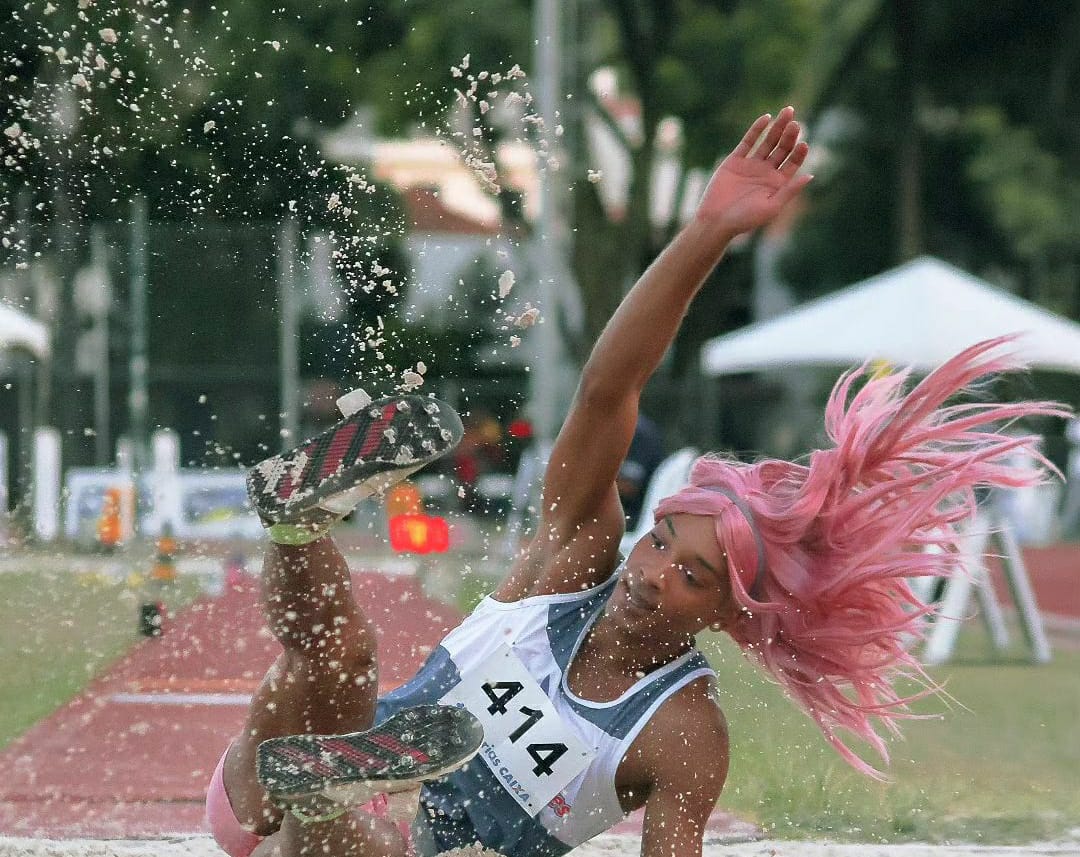
Diversity in sport
“As soon as I moved to São Paulo, I participated in the Brazilian Athletics GP. At that time, I still didn’t recognize myself as a trans woman, but as a homosexual man. The International GP is a very important competition, televised, and I competed in the triple jump. I was wearing a tiara and, upon leaving the test, a reporter commented that he always saw me with different hair, and different clothes, and asked me to talk about it. But I was very afraid of being who I was, because of my family. So I told the reporter that I didn’t want to give my opinion on that, I didn’t feel comfortable. On the track, I showed what I wanted to show and that was fine with me.”
Childhood
“The feminine has always attracted me. Since I was little, I was fascinated by dolls. For me, it was fantastic to arrive at the end of the year and see my cousins getting a Barbie, a mermaid… I remember that when the Max Steel doll was released, I received one as a gift. He was fully articulated and came with camouflage shorts, a gun, and climbing boots. And right away, I ripped off those shorts and left him with just boots and some watches on his arm, which to me were like Wonder Woman’s bracelets. So, even though I had dozens of problems, I didn’t have a bad childhood, you know? I could play everything. I had a very strong bond with my cousins, who are still very dear to me today. And, when I went to their house, my aunts never scolded me for playing with dolls, that sort of thing. Nowadays, when I am completely accepted with myself and so is my family, my aunts, and my mother remember that a lot…”
Therapy
“Since I was a child, I have always seen psychologists. I was the black sheep of the family, the one with problems. I had already started the sport and continued to see a psychologist, but I was already having a beautiful life, I had already traveled to Colombia to compete in the South American championship. I did group therapy and listened to people talking about delicate moments in their lives, I heard stories about drug addiction and people who cut themselves… I listened and thought about what I was going to say when it was my turn. That I traveled to compete? My life was perfect! My parents put me there because they didn’t understand my ways. Even I didn’t understand much.
But time passed and I started putting my foot down! If I liked wearing that outfit, I would. I wanted to know how I felt. Then I started to bring out this feminine side more. Like my nails… My trademark in athletics was my nails. I always liked big nails, well done, I applied the base. And the girls who trained with me always asked: “Ah, but aren’t you going to paint? You have to paint!” Until one day came and I said: I’m going to start painting!”
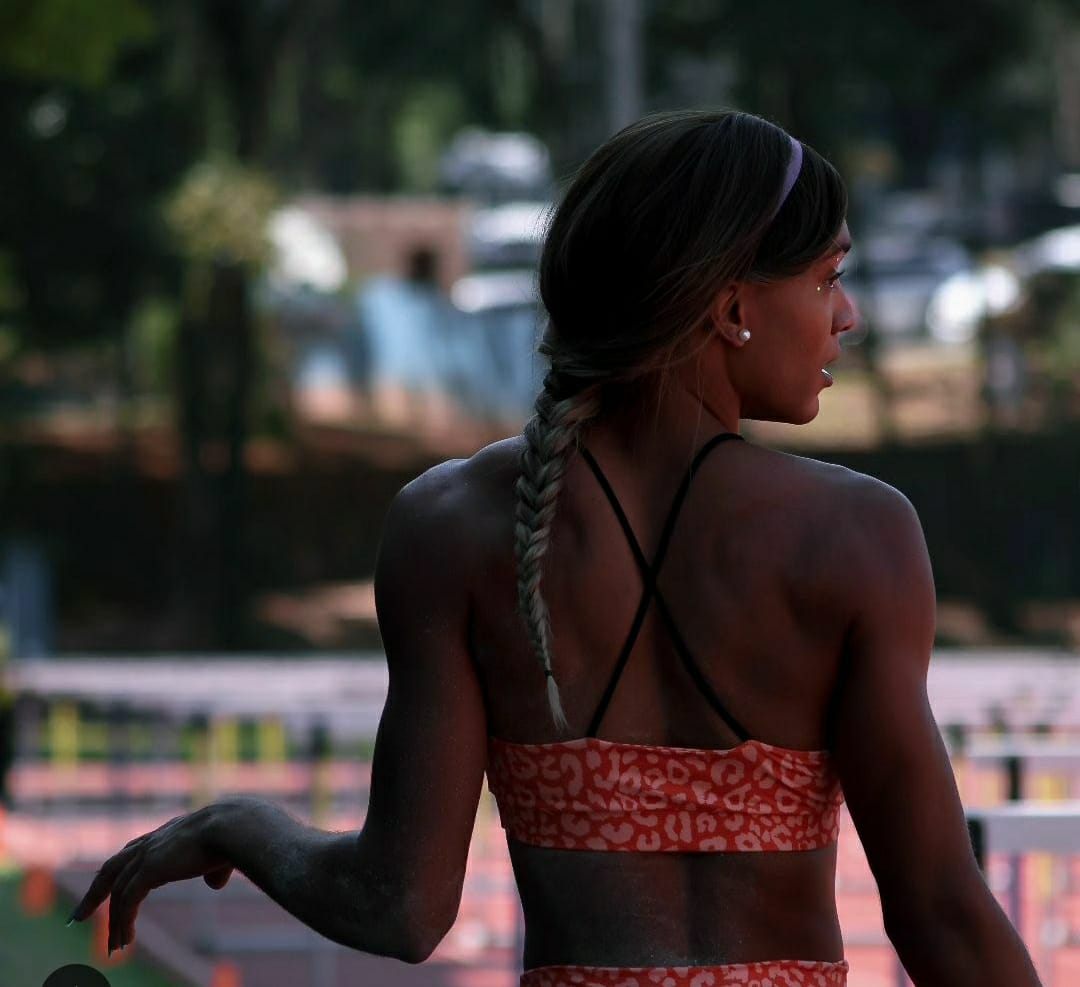

Family relationship
“In 2018, I emerged a little more, and a somewhat troubled time began in my career as an athlete. The competitions started to be televised on YouTube and there was a competition, the 2018 Brazil Trophy, which I was very happy with for my brand. I went to call my parents and when I picked up the cell phone, I saw that it was already full of audio from my father. I thought: he must have watched it and come to congratulate me. But when I heard the first audio, he said: “Look at you and the other athletes, this is why you can’t achieve greater things”. He was referring to the other men because I always competed in the men’s category. Hearing that was like a stone in the window. It was a beautiful day, with a good atmosphere, I was happy that I had competed well, and I had achieved a good mark, but after that, I only knew how to cry. I was wondering the whole time what was wrong with me. Then I realized that, at the same time that my father generated negative triggers, he also generated positive triggers, because he gave me more strength to accept who I was. I started to question a lot and said: there’s something in here!”
Pandemic
“During the pandemic, I ended up going back to my parent’s house, but there I couldn’t be who I was, so I went back to São Paulo again. But, at the beginning of 2021, I had a very heavy loss. One of my best childhood friends died and I went home again, for a moment of mourning. After this loss, I felt more and more strongly that I had to accept myself as I was. I realized that the only certainty we have is that one day we will leave. So, I started to think that I could no longer deprive myself of being who I was, I was already getting very sick, with psoriasis and anxiety attacks.”
I am a transgender woman!
“Over time, I searched for information, studied, until a point came and I said: I am a transgender woman and that explains everything! I was not a homosexual man! When I understood this, I thought everything would get easier, but… I won competitions, I traveled abroad, I was in the newspaper, but no matter what I did, it was never enough for my father. And that tormented me throughout this entire period. My mother welcomed me, she said she had another daughter, but with my father, it was a struggle.
Until I went to spend Christmas with my family. I went home with my mother already 80% resolved, but with my father, I was still very sad, I already knew I couldn’t wear the clothes I had set aside for Christmas, the hair I wanted to wear, and everything… Then my mother said to him that I was going to wear whatever clothes I wanted and that I didn’t want to hear any comments about it. I wore an open-back bodysuit, pantaloons, and lace. He was surprised because he thought he was going to wear sexier clothes. It’s just that even today people still associate transgenderism with prostitution, there’s this stigma…”
Asia Niara
“My baptismal name is Jeremiah Daniel. I have no problem with that name because I had a journey with it, I like that name, but now I have another one that follows my identity, that says who I am, and that is in line with what I believe.
First I changed my name on Instagram… And one day my coach saw it and commented to me. He wanted to know what to call me from there. I haven’t corrected the name yet, but the last competition already said Jeremias Asia Niara.”
Asia announced her retirement from athletics earlier this year, in the first weeks of January. Now, she said she will start hormone replacement therapy and pursue a career in advertising, her area of academic training. The name rectification process is also underway. To find out more about her, follow her profile @asianiara_ on Instagram.
